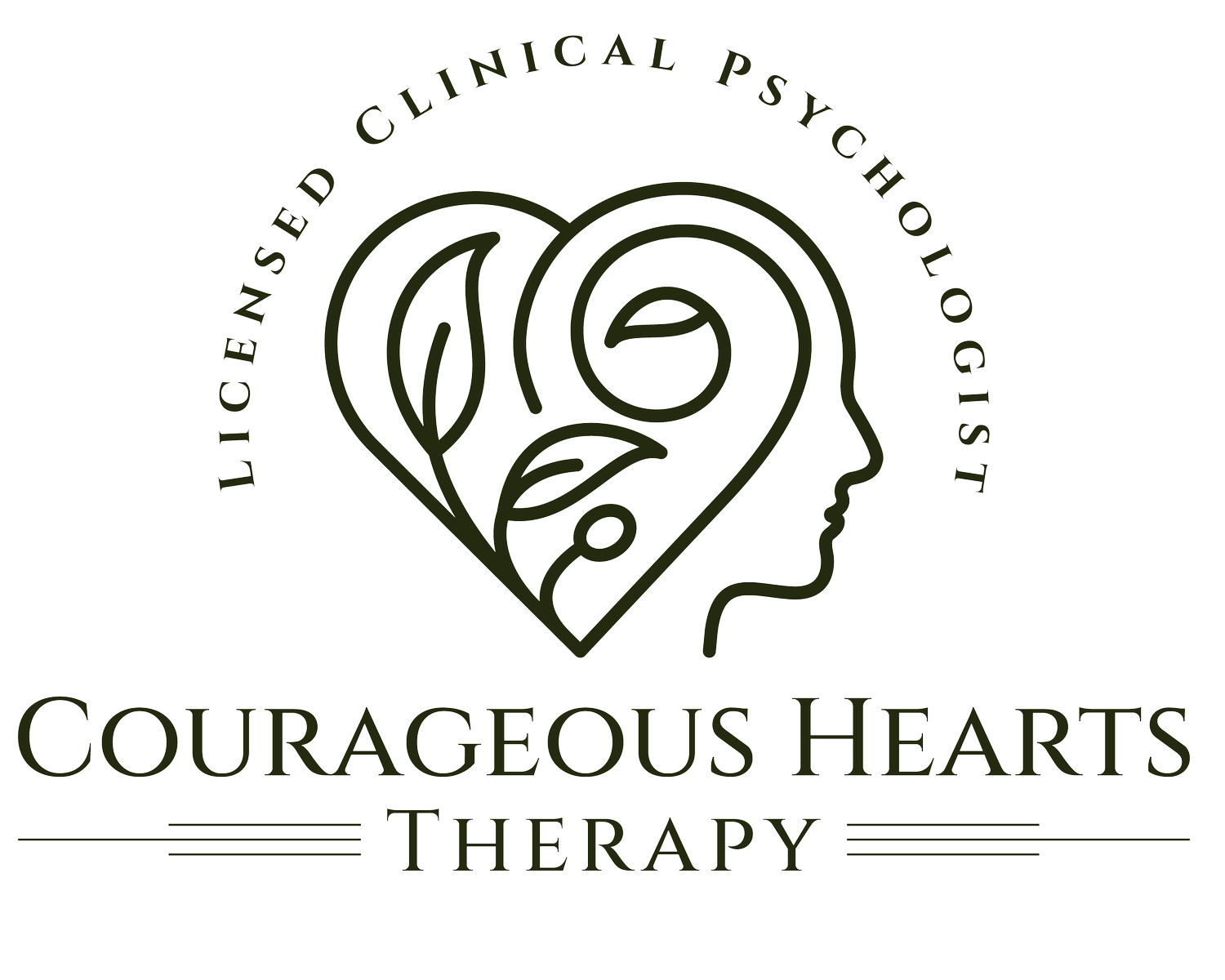PTSD and Trauma Therapy
Whenever we experience something that is overwhelming, our body goes into overdrive to help us try to cope. We may find the coping strategies we have learned throughout our life to be less effective following a traumatic experience. In response, our brain tries to build a barrier to protect us from the thoughts and memories of the trauma. This makes sense and people usually don’t want to think about the traumatic event. However, the more we try to avoid the traumatic thoughts, feelings, and memories the more we can’t escape them.
PTSD occurs when our survival mechanism that is attempting to help us cope with the trauma overextends and starts to negatively impact our lives. Treatment therefore focuses on helping us create new ways of responding to trauma, while gaining the skills needed to live a life according to our values.
Trauma can bring a range of responses including anger, shame, guilt, moral injury, self-blame, anxiety and daily struggle. While no treatment can completely erase what happened, there are effective treatments that can help you heal from trauma and move towards taking your life back. I will work with you to customize treatment to meet your unique needs.
What kinds of treatments do you use?
I utilize evidence-based treatment practices in working with trauma, including those most strongly recommended by the American Psychological Association (APA) in their Clinical Practice Guideline for the Treatment of PTSD. Treatments provided include Cognitive Processing Therapy, Prolonged Exposure Therapy, Cognitive Behavioral Therapy for Nightmares, and Acceptance and Commitment Therapy (ACT) for Trauma. We will work together to decide which will most effectively help to manage your distress and move you towards reclaiming your life from trauma.
I have extensive experience working with those who have survived:
Childhood and Adult Sexual Abuse
Physical Assault
Interpersonal Violence
Disasters
Shootings
Sudden and Violent Death of a Loved One Including Suicide
Accidents
Torture or Severe Suffering

